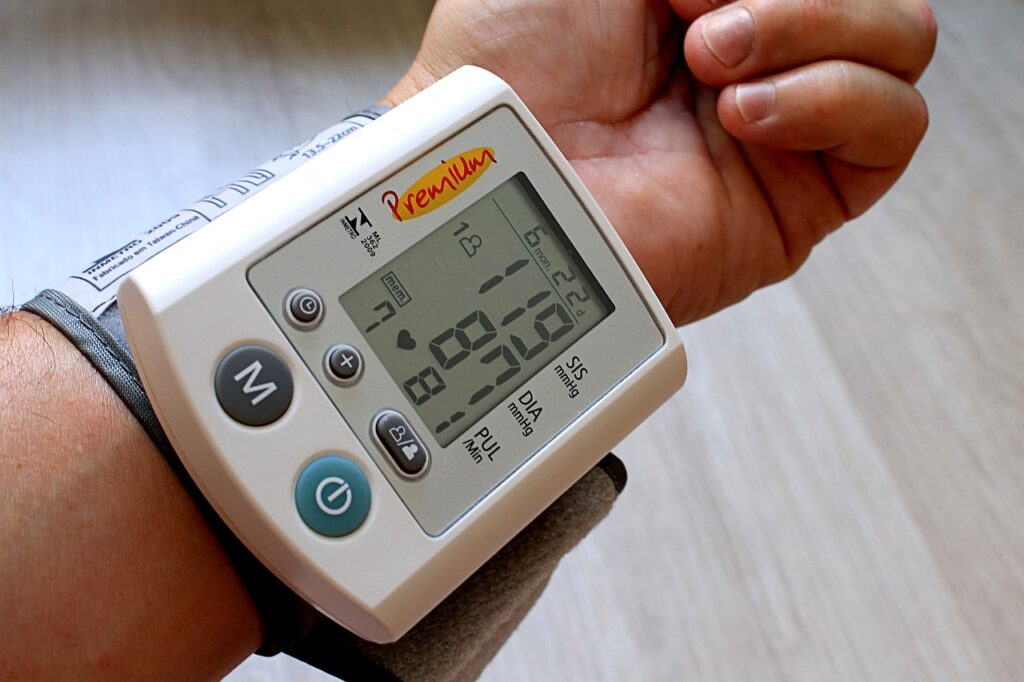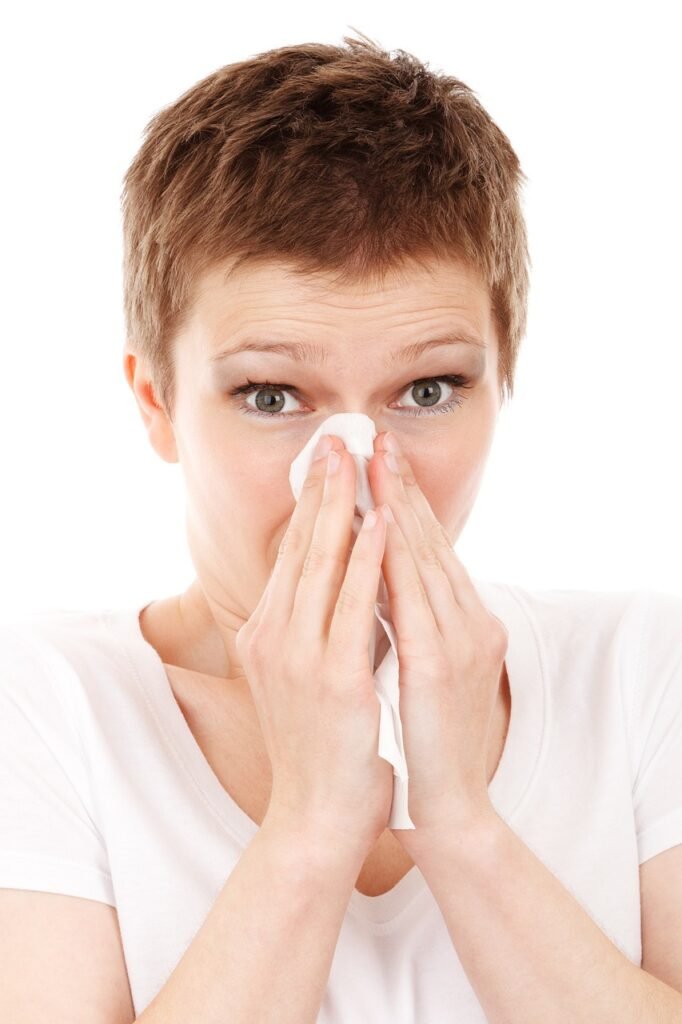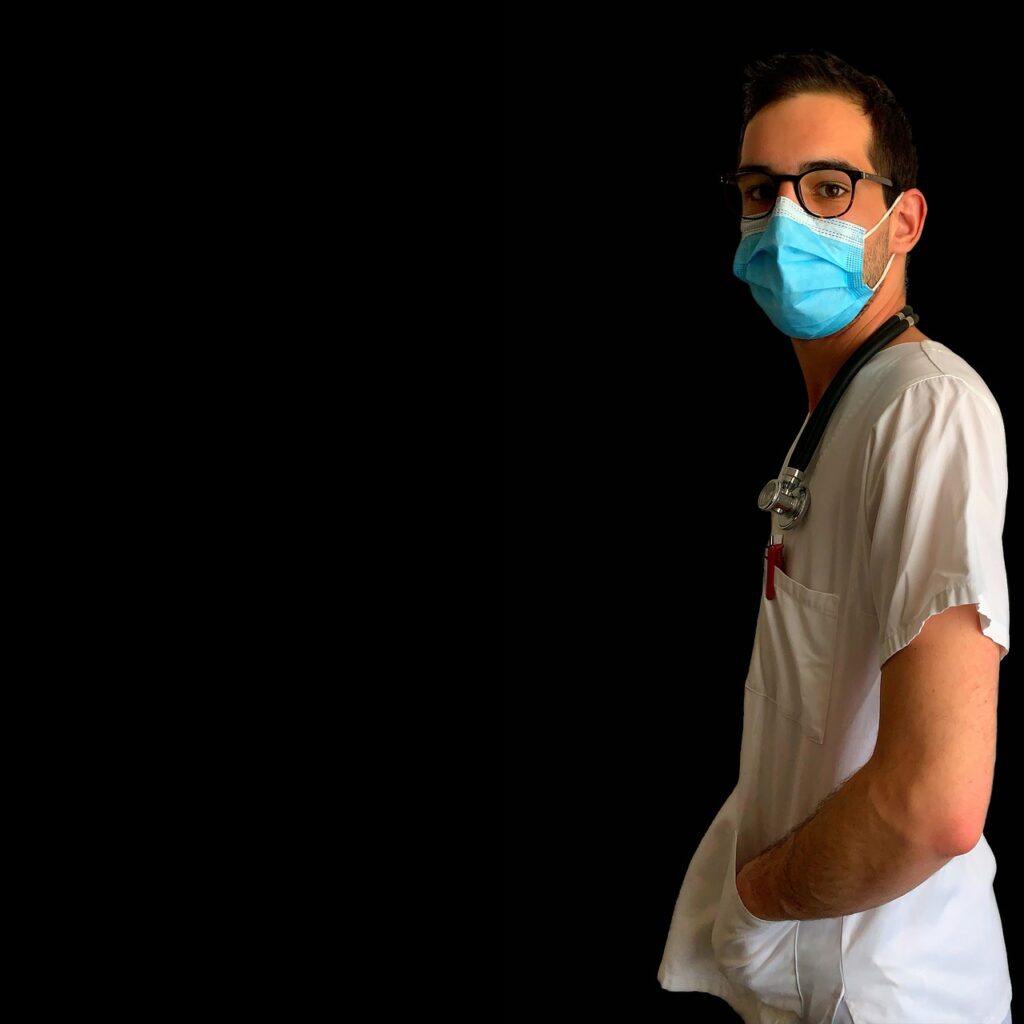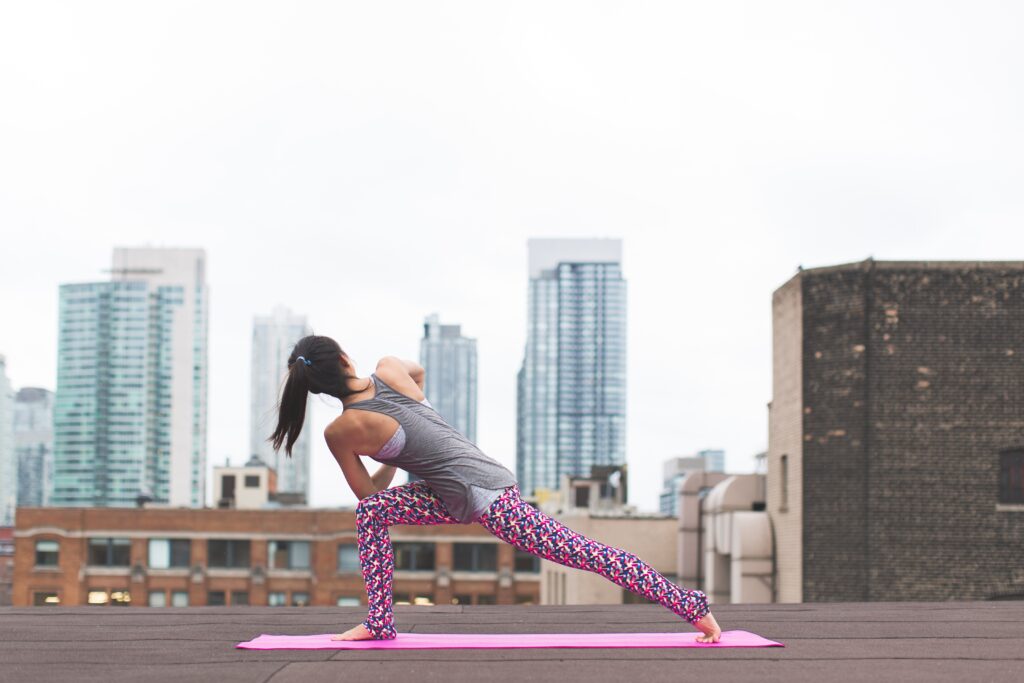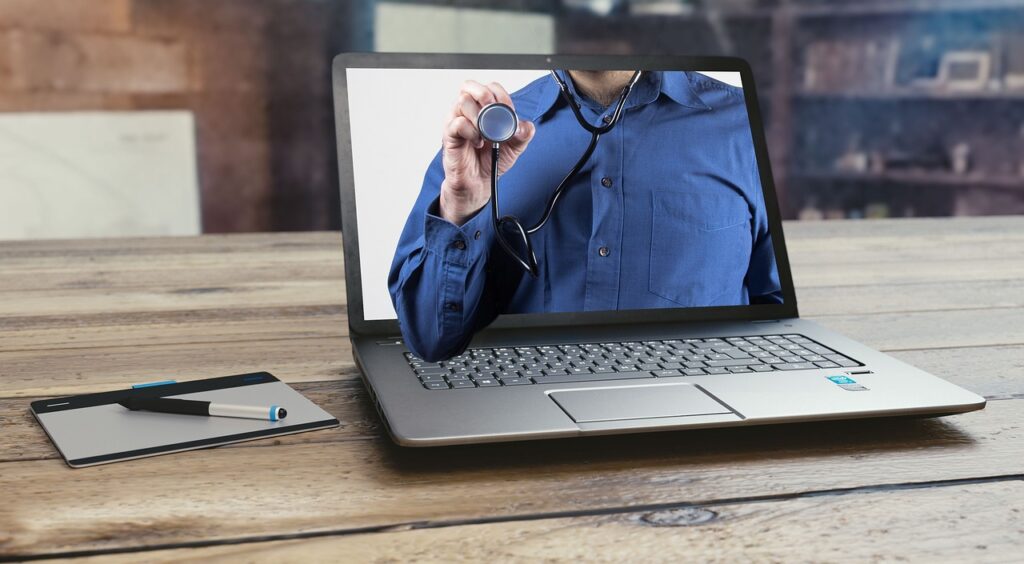Blood Pressure (BP) is the force exerted by blood in your arteries and veins as it’s circulating round your body. It is typically measured using two numbers, one over the other (X/Y):
- Systolic Pressure: The pressure when the heart beats while pumping blood.
- Diastolic Pressure: The pressure when the heart relaxes between beats.
A normal BP reading is usually around 120/80 mmHg.
Higher readings MAY Indicate hypertension (high blood pressure), while lower readings can be suggestive of hypotension (low blood pressure). However, making conclusions from a one off reading can be misleading as BP varies throughout he day and circumstances can also affect it eg exercising puts it up.
You need to keep a diary of readings over a 1-2 week period at different times of the day.
Managing Blood Pressure
Effective management of blood pressure involves lifestyle changes, dietary adjustments, and sometimes medication. Here are some key strategies:
1. Healthy Diet
- DASH: The Dietary Approaches to Stop Hypertension emphasises vegetables, fruits, whole grains, and lean proteins.
2. Regular Exercise
- Aim for at least 150 minutes of moderate aerobic activity or 75 minutes of vigorous activity each week.
- Activities like walking, jogging, swimming, and cycling are beneficial.
3. Maintain a Healthy Weight
- Losing even a small amount of weight if you’re overweight can help reduce your blood pressure.
4. Limit Alcohol and cut out tobacco Consumption
- Excessive alcohol can raise blood pressure. The recommended MAXIMUM is 14 units per week for both men and women.
- Smoking increases blood pressure and damages blood vessels. Quitting smoking can improve heart health.
5. Manage Stress
- Chronic stress can contribute to high blood pressure. Techniques like deep breathing, meditation, and yoga can help manage stress levels.
6. Monitor Blood Pressure at Home
- Regular monitoring can help track your blood pressure and ensure that lifestyle changes or medications are effective. Use a machine that goes around the bicep, rather than the wrist, as this is more accurate. A good BP machine can normally be bought for around £30 (Omron is the brand I use)
7. Medication
- In some cases, lifestyle changes alone may not be enough, and medication might be necessary. Common types of blood pressure medications include:
- ACE inhibitors
- Angiotensin II receptor blockers (ARBs)
- Calcium channel blockers
- Diuretics
- Beta-blockers
8. Regular Check-Ups
- Regular visits to a doctor who knows you well can help monitor and manage your blood pressure effectively.
Conclusion
Managing blood pressure effectively requires a combination of healthy lifestyle choices and, in some cases, medication. Regular monitoring and working closely with healthcare professionals can help maintain blood pressure within a healthy range, reducing the risk of complications such as heart disease and stroke.
